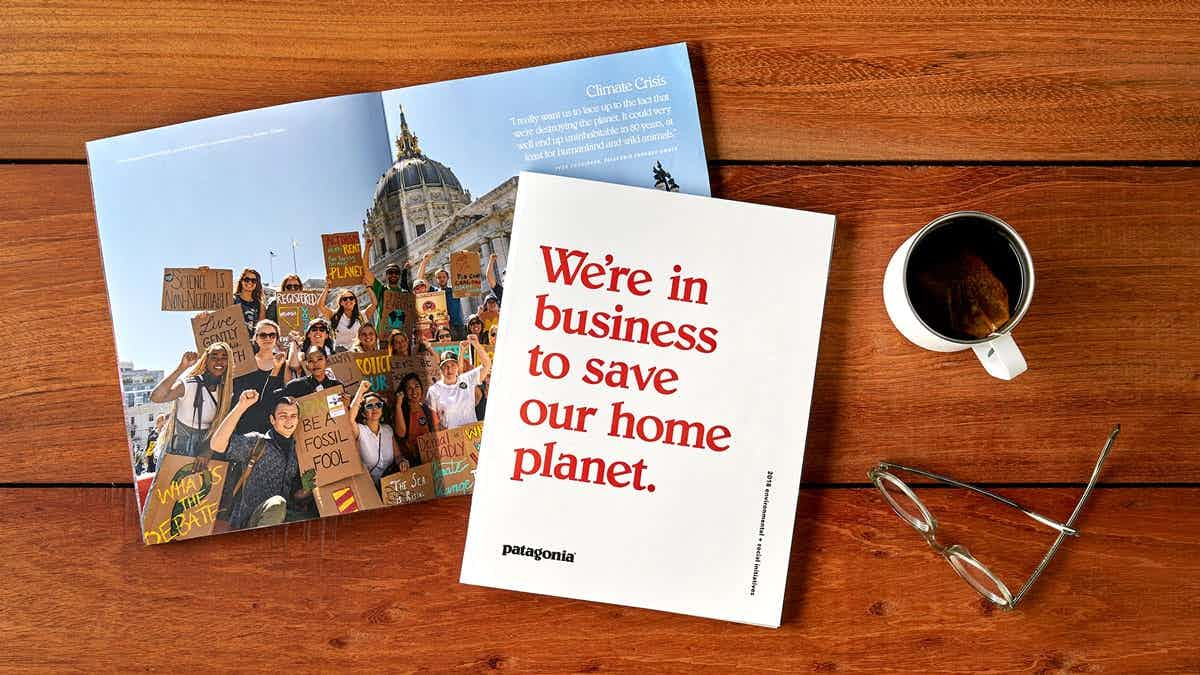What is true experience?
Author
Susanne van Mulken
Published
13 March 2020
Reading time
3 minutes
True. What is true? In these times, with fake news, virtual reality and mindfulness, that’s a reasonably relevant question to ask. Is something ’true’ when it is based on facts? Is it something that touches you, that is of value to you, has particular meaning to you? In the context of our expertise, design, we believe that designing true experiences will become more and more important.
Being valuable, in big and small things
Meaning, Purpose, Social impact, those are terms we currently hear everywhere. Organisations aspire to be of special value to their customers, their employees and society. Often concerning big ethcial issues such as sustainability, inclusiveness, or good employment practices. Of course that is great. After all, why couldn’t an organisation do good as a return favour to society? Still, in principle, one value isn’t any better than another. Save time, ease, fun, belonging, self actualisation. We believe relevant value can be found in big and small matters. Not just in meaningful ‘world saving’ things, but in emotional or purely functional things as well.
 Patagonia's mission is all about sustainability. (Source: patagonia.com)
Patagonia's mission is all about sustainability. (Source: patagonia.com)
After all, people can attach different kinds of value to the products and services they use everyday. Take a product like running shoes. These are not only useful to walk on (ease, comfort), they also support you in realising your sportive ambitions (self actualisation) or in strengthening your cool image (status). As another example, consider supermarket Jumbo’s so called ‘chat cash desks’, allowing customers besides paying for their daily groceries to take some extra time for a chat with the cashier (social connection). Or consider that redesigned intranet portal of a health organisation. Since the patient dossier information has become more readily available, the health professional saves much time. Time that can be spent on patient care. That’s what the health professional finds important (and the patient!).
 Spending less time looking up patient information and more time on patient care.
Spending less time looking up patient information and more time on patient care.
These examples show that what people find valuable may differ widely. On each value level though one can create deeper connections with customers or users. Which will result in greater loyalty. As a consequence, smart organisations will try to precisely figure out which shared values will create the deepest connections. But a True experience will only feel as really true if two other conditions are met: being true to yourself and being credible.
As a pro, you want to grow and learn how to deal with the complex world around you. If you can be true to yourself while doing so, you can perform at your best. Because you are not playing a game. You are who you are, and that is what you’re showing the world day after day.
Foppe de Haan - football coach (in Dutch tv-show DWDD, March 2020).
Authentic: being true to yourself
In this respect, organisations behave similar to professional football players. They too need to know exactly what they want. They need to grow in that direction and learn to deal with complexity around them. The best way to do that is by staying true to themselves. An organisation needs to be authentic in the values that it stands for. Is the value part of their DNA? Does the public know the company as ‘green’ or are they just shouting about it and are their trucks still running on diesel? If it is just a facade, there is a big chance consumers will unmask the company. Or more generally, that at some point in time, the organisation will not be able to keep up appearances and the experience will break.
Credible: in all touchpoints and details of your service
As an organisation you may have your values and adhere to them, but if you don’t express them (well), they will not help you to differentiate and to create a deeper connection with your customers. You’ll want to express those values in a credible way in all aspects and channels of your service. Coherently and consistently. Not only in an attractive commercial, but also – and very much so—in the service itself: in both the usage and support phases of the journey. After all, that is where you live up to your promise. In other words, does your organisation also offer a values-based experience in the personal online environment or in the call centre? Suppose your organisation stands for ‘freedom’. How is this value expressed in the details and (micro) interactions of your service? Does it show in the journeys, in the tone and voice? Does your ‘OK button’ breathe that ‘freedom’? And how is this for all other aspects of the design?
True experience: valuable, authentic, credible
So what is true? What is a true experience? In our view, that concerns services that are valuable, authentic and credible.
As an organisation, if you are well aware of the values that your customers and your own organisation find important, you’ll see opportunities everywhere to creatively shape the form and contents of your services: for instance in your propositions, the app, the website, customer service. That has an inspiring effect, on customers, employees, the organisation, society, and on designers.
More information
Do you want more information on TrueX design? Please feel free to contact me.
About the author

Susanne van Mulken
Strategy director
True experience
Customer experience


